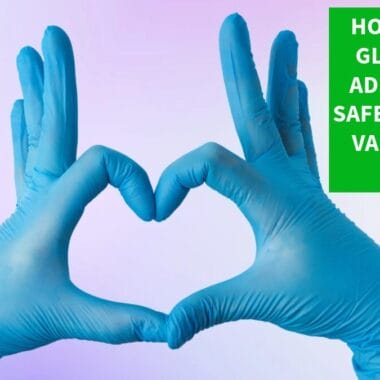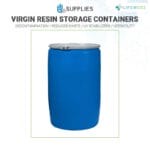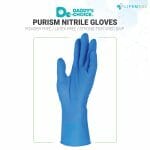What are PPE Testing Laboratories?
PPE (Personal Protective Equipment) testing laboratories are specialized facilities that conduct rigorous testing and evaluations of protective equipment to ensure it meets the required safety standards and performance specifications. These laboratories test a wide range of PPE, including respirators, gloves, masks, helmets, face shields, and protective clothing, to verify that they provide adequate protection against hazards such as chemicals, heat, biological agents, and physical impacts. PPE testing laboratories play a crucial role in ensuring that equipment used in industries like healthcare, construction, manufacturing, and chemical processing is safe and compliant with regulatory standards.
Testing is conducted based on standards set by regulatory bodies such as OSHA (Occupational Safety and Health Administration), ANSI (American National Standards Institute), NIOSH (National Institute for Occupational Safety and Health), and ISO (International Organization for Standardization).
Importance of PPE Testing Laboratories in the Enterprise Environment
In enterprise environments where worker safety is paramount, PPE testing laboratories play a critical role in ensuring that personal protective equipment meets safety and performance standards. Reliable PPE is essential for protecting workers from a wide array of hazards, including exposure to chemicals, heavy machinery, airborne pathogens, and physical impacts. Enterprises must provide their employees with tested and certified PPE to comply with occupational safety regulations and avoid potential legal liabilities, fines, or workplace accidents.
PPE testing laboratories ensure that the equipment used in high-risk environments is capable of withstanding extreme conditions and provides the necessary level of protection. For example, respirators must be tested for their filtration efficiency, while chemical-resistant gloves must be evaluated for their ability to resist corrosive substances. By testing PPE in controlled conditions, laboratories ensure the equipment can perform under real-world circumstances.
For enterprises, working with certified PPE testing laboratories ensures compliance with safety standards set by regulatory bodies like OSHA and NIOSH. This helps businesses avoid legal penalties, reduce the risk of workplace injuries, and enhance the overall safety of their operations.
Types of PPE Tests Conducted
1. Impact and Penetration Testing
- Purpose: Verifies that PPE can withstand impacts from falling objects or sharp items.
- Common Uses: Tested on helmets, face shields, and safety goggles.
2. Chemical Resistance Testing
- Purpose: Ensures that materials can resist penetration by harmful chemicals or hazardous substances.
- Common Uses: Used for gloves, aprons, and chemical-resistant suits.
3. Filtration Efficiency Testing
- Purpose: Measures how effectively PPE can filter out harmful airborne particles.
- Common Uses: Commonly used for respirators and masks.
Managing PPE Testing with Enterprise Software
Enterprise software can streamline the management of PPE testing processes by automating compliance tracking, scheduling, and documentation. Key features include:
- Compliance Monitoring: Ensure that PPE meets industry-specific safety standards such as OSHA, ANSI, and NIOSH.
- Testing Scheduling: Automate scheduling for regular PPE testing to maintain safety certifications.
- Document Management: Store test reports and certifications digitally for easy access during audits and inspections.
Conclusion
PPE testing laboratories are essential for ensuring that personal protective equipment meets the highest safety standards and performs as required in hazardous environments. By partnering with certified laboratories, enterprises can ensure regulatory compliance, protect their workers, and reduce risks associated with workplace hazards. Leveraging enterprise software can further streamline the management of PPE testing, helping businesses maintain safety and efficiency across their operations.
« Back to Glossary Index

















